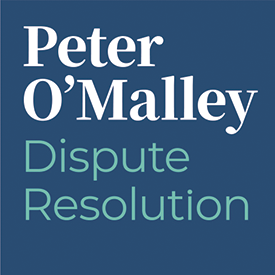Conciliation can provide a neutral recommendation to end the dispute
Like mediation, the primary purpose of conciliation is to assist the parties to reach an agreed settlement in their dispute. As with mediation, conciliation is private and flexible. It allows the parties to explore possibilities for settlement which are not available in adjudication, arbitration or litigation, where the decision in these imposed methods of resolution can only be based on the rights and obligations of the parties.
The essential difference to mediation is that the conciliator can actively discuss the issues with the parties, rather than simply facilitating resolution. If the parties cannot reach a solution they can request the conciliator to provide a recommendation and agree the terms on which it is to be made, in best disposing of the dispute. Upon issue of the recommendation the parties have a period of time, usually two weeks, in which to consider and accept the recommendation. It is only when both parties accept the recommendation that it becomes final and binding. In Ireland conciliation has a long history of success in resolving complex disputes within the construction industry, particularly where parties wish to continue their business relationship.
Resources
UNCITRAL – Conciliation Rules 1980
Engineers Ireland – Conciliation Procedure 2013
“Don’t let a little dispute injure a great relationship.”
Dalai Lama,
Spiritual leader of Tibet

